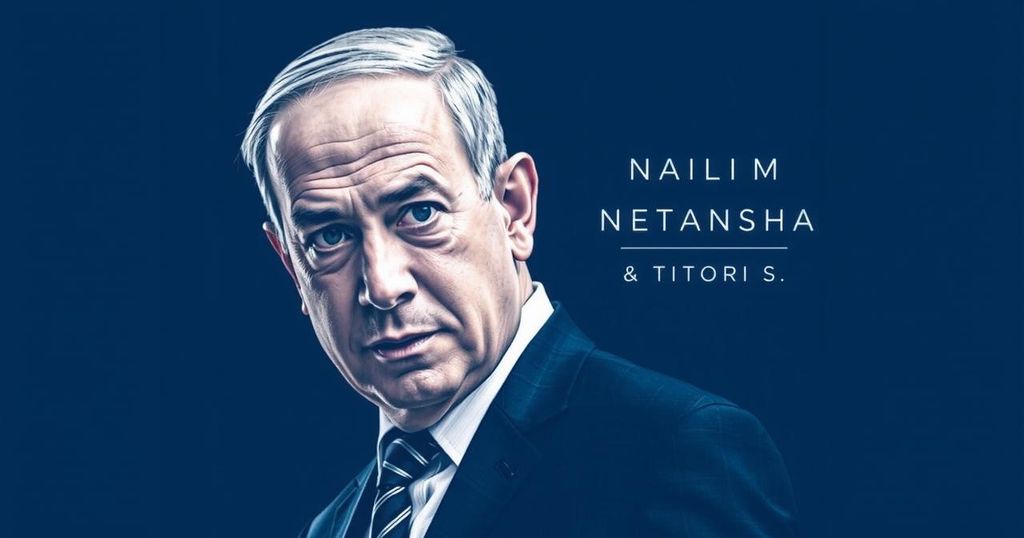The assassination attempt on Prime Minister Netanyahu through a drone strike near his residence in Caesarea illustrates advanced Iranian and Hezbollah operational capabilities. This event could significantly alter Israel’s military responses towards Iran and Hezbollah, while complicating cease-fire negotiations regarding Israeli hostages, amidst a volatile Middle Eastern landscape.
The recent drone strike targeting Prime Minister Benjamin Netanyahu’s private residence in Caesarea underscores the advanced intelligence-gathering capabilities of Iran and Hezbollah. This incident marks a significant escalation in tensions in the Middle Eastern geopolitical landscape, with implications for Israel’s military and diplomatic strategies moving forward. The drone, reportedly launched from Lebanon, demonstrates a sophisticated level of coordination potentially orchestrated by Iranian forces, raising concerns about the safety of Israeli leaders and the security of the state itself. In addition to the immediate threat posed to national leaders, the repercussions of this assassination attempt could substantially influence Israel’s operational decisions regarding its approach to both Iran and Hezbollah. Analysts suggest that the killing of Hamas leader Yahya Sinwar complicates the already tenuous situation regarding cease-fire negotiations aimed at securing the release of Israeli hostages, indicating that the regional situation may become increasingly volatile in the days to come. As Israel grapples with these developments, there remains uncertainty about how the government will respond strategically against the backdrop of this attack and its ramifications within the broader conflict in the region.
The assassination attempt on Prime Minister Netanyahu represents a dangerous new front in the ongoing conflicts involving Israel, Iran, and Hezbollah. Such incidents not only threaten political leaders but also have the potential to provoke significant military responses. The drone strike is indicative of both Hezbollah’s capabilities and Iran’s role as a state supporter of non-state militant groups within the region. The context surrounding recent hostilities, including the dynamics of Israeli hostages held by Hamas, further adds a layer of complexity to Israel’s national security decision-making processes.
In summary, the drone strike targeting Prime Minister Netanyahu marks a critical juncture in the conflict between Israel, Iran, and their respective allies. The implications of this attack are far-reaching, potentially influencing Israel’s military responses and diplomatic engagements in the region. The situation remains fluid, with the possible repercussions affecting cease-fire negotiations and broader security strategies.
Original Source: www.haaretz.com






